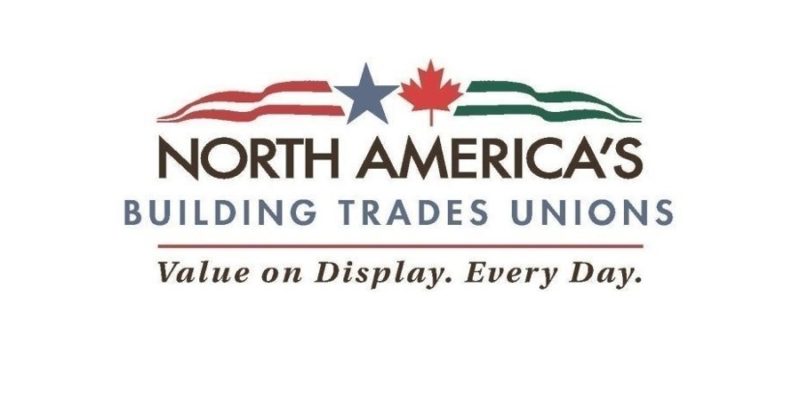Beth Meyers represents the 74th Assembly District of Wisconsin
Jun 26, 2017
MADISON- The citizens of Wisconsin have seen their fair share of legislative proposals this year that could dramatically change the status quo for our state. From changes to how the Wisconsin Department of Natural Resources addresses high capacity wells to new limits on campus free speech, there are always controversial issues being brought up and debated in Madison. While, the biennial budget is still being discussed and negotiated with Majority Party leaders in both houses, important issues such as transportation funding and K-12 education funding need to be negotiated before the budget comes to the Assembly floor.
However, there is another plot being hatched in Madison which has significant implications not only for Wisconsin’s skilled workers but for taxpayers as well. Just this week, I stood beside my colleagues, laborers, and construction groups for a press conference which focused on a new report from the Midwest Economic Policy Institute. This report considered the potential repeal of the state’s prevailing wage law, and its impact on our state’s workforce and on taxpayers’ pocketbooks. Prevailing wage laws require that construction workers on state projects be paid the wages and benefits prevailing for similar work in the surrounding area. This prevailing wage rate helps prevent a race to the bottom that could lead to a less productive workforce and inferior construction practices.
In 2015, the Legislature ended prevailing wage for local construction projects, and the impact was disastrous for Wisconsin’s workers. Since the repeal came into effect, there has been a 50 percent increase in construction projects going to out-of-state contractors. Now, Republican legislators want to repeal prevailing wage for state projects as well.
According to the Midwest Economic Policy Institute’s research, a construction worker would see their average yearly salary of $51,000 be cut to $29,500, under a prevailing wage repeal. That is a 44 percent cut in pay! This hard-earned income is not only taken away from workers who receive prevailing wage – it has a far-reaching negative multiplier effect for all Wisconsinites. We all know that the economy is interconnected, and cutting income for workers in one area has an impact on all of us. Northern Wisconsin can’t endure a 44 percent wage loss for workers who want to buy homes, raise families, and support local businesses in our communities.
Our workforce is at a crossroads. Now more than ever, we need to protect Wisconsin’s workers and make sure there is ample opportunity for them to succeed in highly skilled trades.










